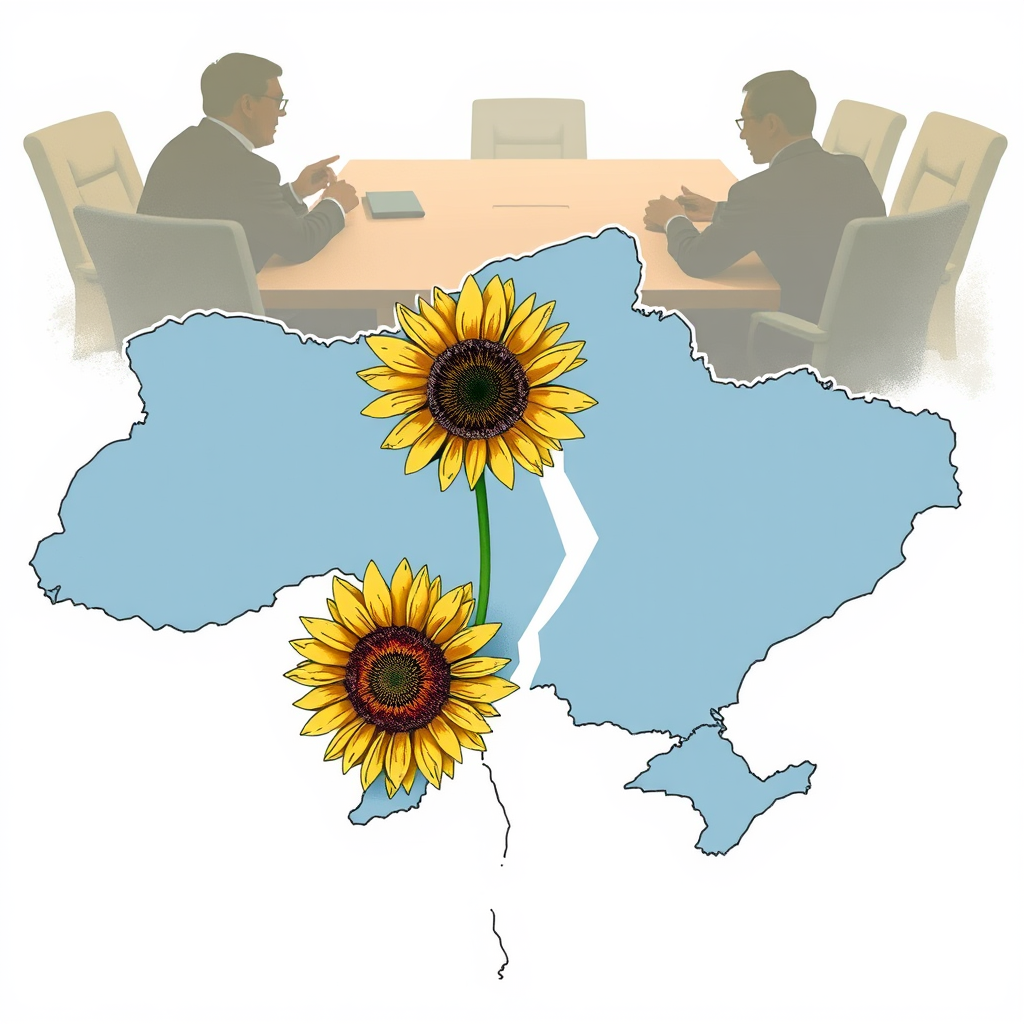Crimea: Key to Ukraine War and Peace?

For many Ukrainians, the current conflict didn’t begin with the full-scale Russian invasion in February 2022, but with Russia’s seizure and subsequent illegal annexation of Crimea in 2014. The peninsula is once again central to discussions, this time as a potential concession within a proposed White House peace plan that reportedly contemplates U.S. recognition of Russian control over the territory. Former President Donald Trump publicly stated last week to Time magazine, “Crimea will stay with Russia.”
This potential acceptance of Russia’s territorial gains is deeply problematic. While pragmatic considerations regarding ending the war are understandable, formally acknowledging Russia’s claim to Crimea sets a dangerous precedent, effectively rewarding aggression and undermining international law. It signals to Moscow, and potentially other actors, that seizing territory through force can be legitimized through negotiation.
Furthermore, for Ukraine, Crimea isn’t simply a geopolitical bargaining chip; it’s a matter of national sovereignty, historical identity, and the rights of its citizens, including the Crimean Tatars who have faced persecution under Russian rule. Any lasting peace agreement must prioritize the self-determination of the Ukrainian people and address the illegal occupation, not legitimize it. While compromise is inevitable in any negotiation, ceding Crimea feels less like a path to peace and more like a surrender of principle. The long-term consequences of such a decision could destabilize the region and embolden further acts of aggression.